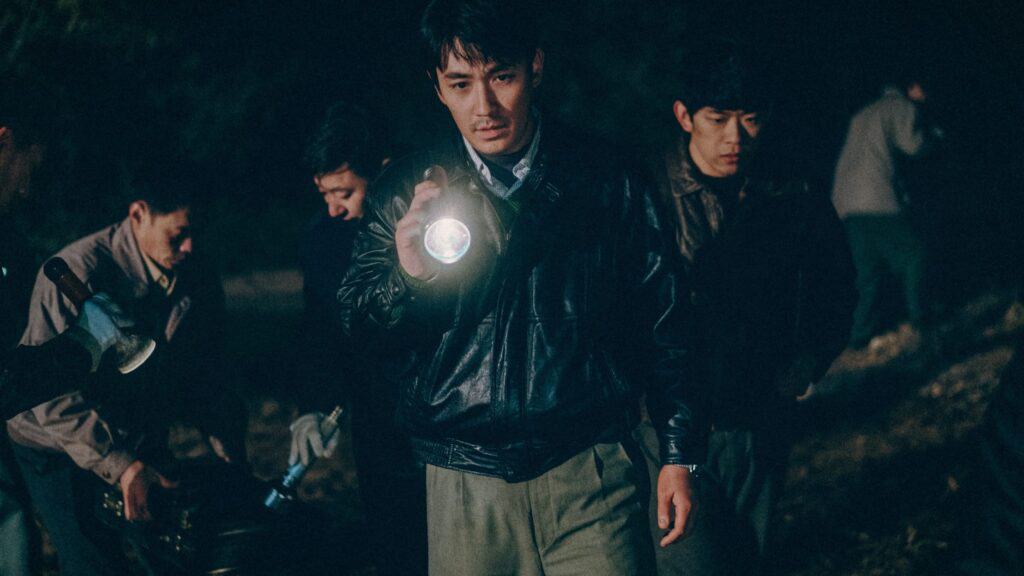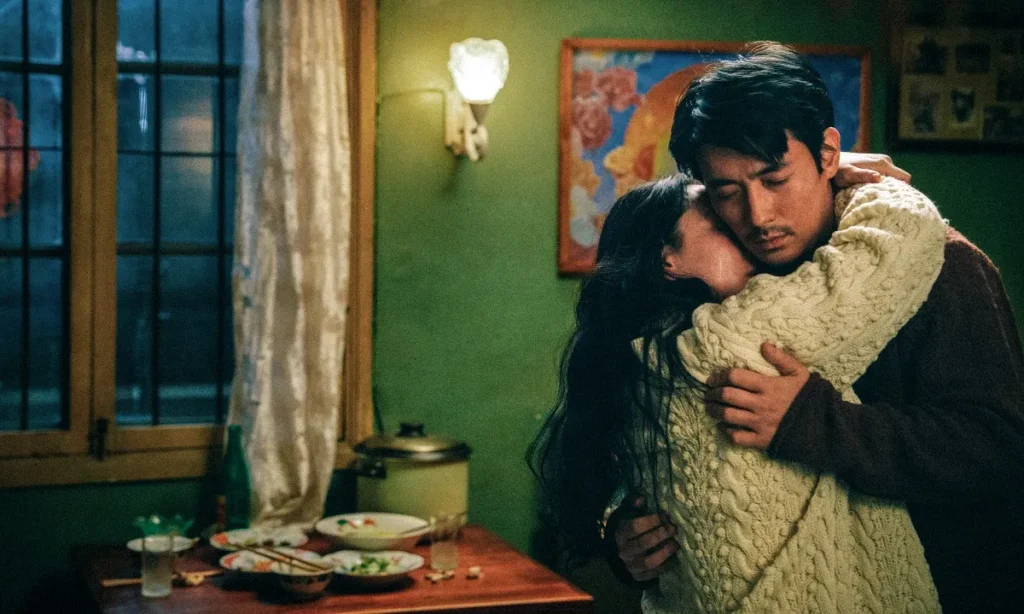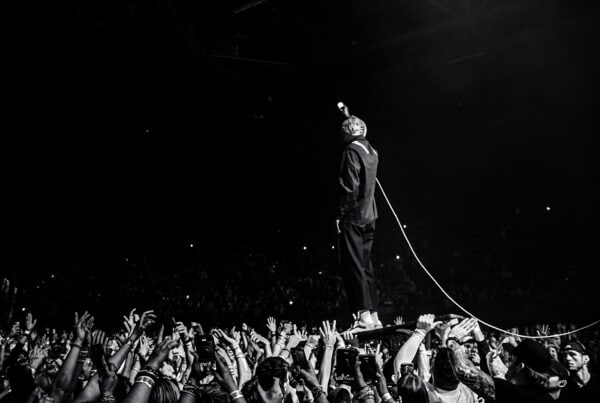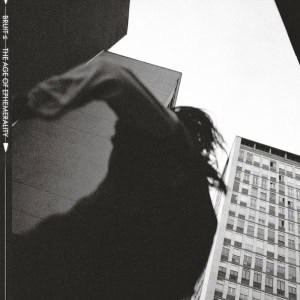Only The River Flows, a neo-noir set in ‘90s smalltown China, follows a detective haunted by a case he just can’t move on from. A familiar story, and one that has inevitably prompted comparisons to Bong Joon-Ho’s Memories of Murder (2003); but Wei Shujun’s latest feature suffers from an equally familiar tale of style over substance.
From early on there’s a quietly compelling, hypnotic nature to Only The River Flows. The narrative slowly progresses without any real shocks, the murders playing out without a reliance on gore or violence. It doesn’t take long to become immersed in this world—you might not want to be there, but you’re pulled in nonetheless.

There are nods to classic detective cinema throughout, from the noir-like soundtrack to the shaky, 16mm filming. The latter adds a comfortable layer of grime to proceedings, and gives the less-than-original plot a greater sense of gravitas than it perhaps deserves.
While the atmosphere is intriguing the plot itself is underwhelming. The murders, the crux of the story, are strangely unengaging. Only The River Flows is not a police procedural—we aren’t treated to the intricacies of the case, and it’s not interested in the broader impact these slayings have on the wider community.
Just as the film’s aesthetics outweigh its story, however, the detective at its centre has little interiority. Ma Zhe (Zhu Yilong) broods, smokes, and obsessively goes over evidence, becoming increasingly invested in a bare-bones case that no one but he seems to care all that much about. To complete the stock detective image, he even has a worn-in leather jacket.
Although the film later directs its focus to his descent into paranoia and the gruelling mental impact that the case is having on him, Ma never seems human enough for this to have an emotional impact on the audience. He’s difficult to connect to, and while there are a handful of scenes that give a glimpse of a more fleshed-out character—a brief phone call with a former colleague, occasional domestic scenes with his wife Bai Jie (Chloe Maayan)—these are sparse.

That said, his breakdown and its presentation make for an absorbing watch. As he gradually breaks from reality, the audience is left to question how much of what they’ve seen so far has actually happened. The detective’s inability to find a grade 3 merit award he was issued at his previous posting enhances this uncertainty, bringing into question Ma’s integrity both as a police officer and a narrator.
This culminates in a striking nightmare sequence, where images of the killings are seen through the eyes of the perpetrator before becoming tangled with recurrent motifs of the story. The intricate, considered series of vignettes is the highlight of the film, underlining the workmanship and skill that has gone into its construction. When used earlier on, that point-of-view take on the murders comes across as a gimmicky and somewhat lazy storytelling device, but its reprise here is redemptory.
Aside from its structure, Only The River Flows’ main fault is its dodgy, to say the least, portrayal of mental disability. Our main suspect (Kang Chunlei) is never given a name, referred to instead as ‘the Madman’. He’s not dangerous, those in his village attest; he’s just there. Silent and unable to communicate with those around him, he is the first to be accused of the murders. It feels again like lazy storytelling, falling to cliche and stereotypes rather than saying something new.
By the end of the film, we’re left wondering whether anything has been solved at all. Ma Zhe is given his grade 3 merit award for his work on the case, seems to have recovered from his break with reality and shares a domestic scene with his wife as they bathe their new child—who may or may not have a developmental condition.
There are echoes of the Madman in the baby’s actions, but the reasons behind this are unclear. Is the film telling us that all those with mental disabilities have a propensity for inexplicable violence? That behind every happy family—the Madman had been quasi-adopted by the first victim—there’s danger and tragedy? That the baby, staring directly into the camera, is a killer?
Only The River Flows has good components and a few moments of true excellence, but it feels like something is missing from the finished product. Its ambiguity is more frustrating than intriguing, and while its ‘90s aesthetic palette is appealing the attitudes that go along with it are not. Only The River Flows is the type of film that lingers in the mind, although perhaps not for the best reasons. A case of missed potential.





